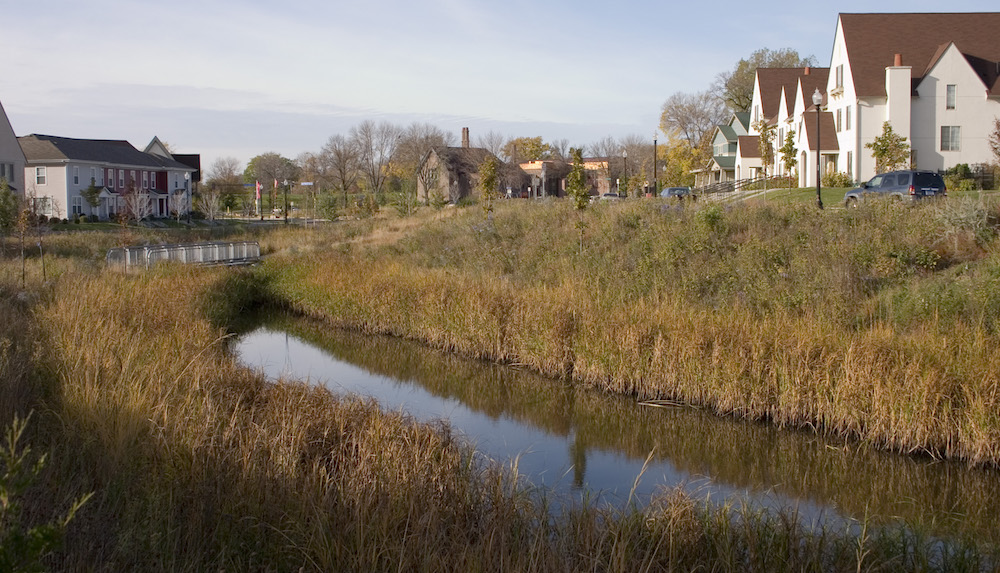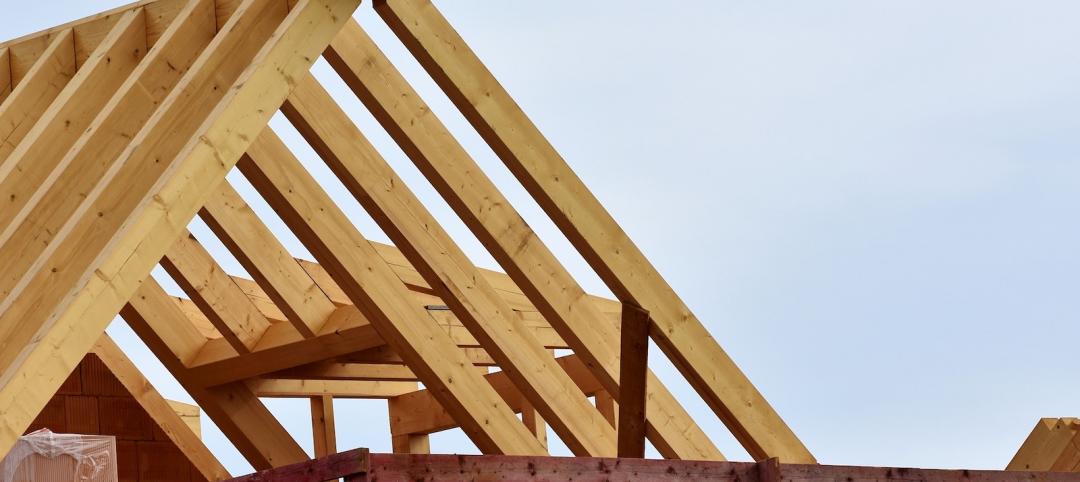The Environmental Protection Agency’s has proposed new National Pollution Discharge Elimination System (NPDES) general permit requirements regulating stormwater discharges from construction activities.
The proposal applies to construction sites of one or more acres, or less than one acre, but part of a larger development. The proposal would:
- Prohibit hazardous substances, such as paint or caulk containing polychlorinated biphenyls (PCBs) from authorized non-stormwater discharges of external building washdown waters.
- Require permittees to include the EPA’s contact information in public notices that are already required to be posted in a prominent location near construction sites.
- Require permittees to cover or use another method of temporary stabilization for inactive soil stockpiles and land clearing debris piles where the piles will be unused for 14 or more days.
- Require permittees to keep waste container lids closed (or provide some other secure cover where containers do not have lids).
- For demolition of structures with at least 10,000 sf of floor space built or renovated before 1980, require permittees to implement controls to minimize the exposure of PCB-containing building materials to precipitation and stormwater.
- Require permittees to state on their Notice of Intent (NOI) form the type of construction activities that will be involved.
These potential permit changes could significantly increase the time, effort, and resources required to comply with stormwater management obligations, according to an article by the law firm Dykema, Gossett PLLC.
Related Stories
Codes and Standards | Mar 7, 2022
Massachusetts proposed energy code changes don’t ban gas
Proposed changes to the Massachusetts energy code would provide incentives for builders to fully electrify buildings, but not impose a ban on natural gas hookups.
Codes and Standards | Mar 4, 2022
Construction industry faces a 650,000 worker shortfall in 2022
The U.S. construction industry must hire an additional 650,000 workers in 2022 to meet the expected demand for labor, according to a model developed by Associated Builders and Contractors.
Codes and Standards | Mar 4, 2022
FAA offers $1 billion in grants for airport terminal and tower projects
The Federal Aviation Administration (FAA) is now accepting applications for about $1 billion in grants for airport projects during fiscal year 2022.
Codes and Standards | Mar 1, 2022
Engineering Business Sentiment study finds optimism despite growing economic concerns
The ACEC Research Institute found widespread optimism among engineering firm executives in its second quarterly Engineering Business Sentiment study.
Codes and Standards | Feb 28, 2022
Low-cost concrete alternative absorbs CO2
Researchers at Worcester Polytechnic Institute have developed a new CO2-absorbing material that’s a low-cost alternative to concrete.
Multifamily Housing | Feb 25, 2022
First set of multifamily properties achieve BREEAM certification in the U.S.
WashREIT says it has achieved certification on eight multifamily assets under BREEAM’s In-Use certification standard.
Codes and Standards | Feb 24, 2022
Most owners adapting digital workflows on projects
Owners are more deeply engaged with digital workflows than other project team members, according to a new report released by Trimble and Dodge Data & Analytics.
Codes and Standards | Feb 21, 2022
More bad news on sea level rise for U.S. coastal areas
A new government report predicts sea levels in the U.S. of 10 to 12 inches higher by 2050, with some major cities on the East and Gulf coasts experiencing damaging floods even on sunny days.
Codes and Standards | Feb 21, 2022
New standard for ultraviolet germicidal irradiation
The Illuminating Engineering Society (IES) recently introduced the standard, ANSI/IES RP-44-21 Recommended Practice: Ultraviolet Germicidal Irradiation.
Wood | Feb 18, 2022
$2 million mass timber design competition: Building to Net-Zero Carbon (entries due March 30!)
To promote construction of tall mass timber buildings in the U.S., the Softwood Lumber Board (SLB) and USDA Forest Service (USDA) have joined forces on a competition to showcase mass timber’s application, commercial viability, and role as a natural climate solution.

















